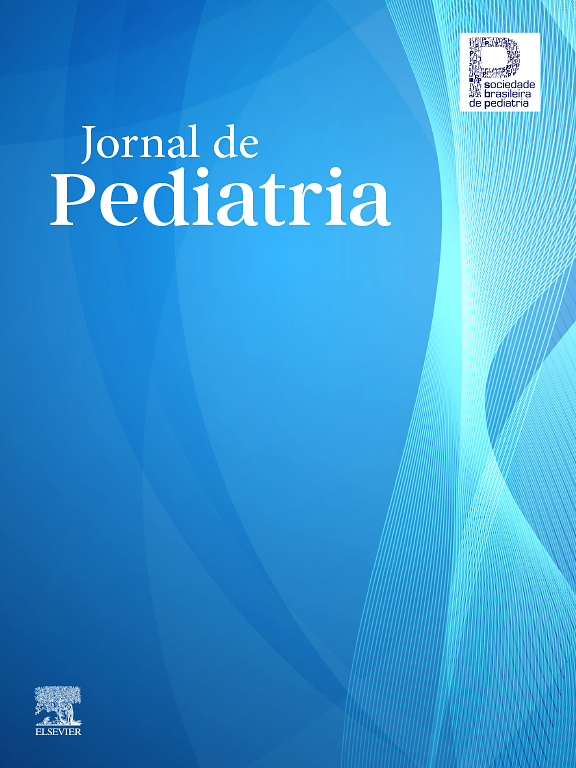The polymerase chain reaction (PCR) was evaluated for its ability to diagnose perinatal HIV-1 infection before the development of signs or symptoms of the disease in thirty-seven infants (median age of 5.5 days) born to HIV-1 infected women. Of 30 children with complete follow up (median of 25 months), 9 (30%) had serological and clinical features of HIV-1 infection and 21 (70%) were uninfected. Among the infected infants, 5/9 (56%) had positive neonatal PCR tests and 4/9 (44%) had negative PCR tests. None of the 21 uninfected children had positive PCR tests. The prognosis of HIV-1 disease in infected infants with a positive neonatal PCR positive test was similar to that of infected infants with a negative PCR test. In spite of not identifying all the infected infants, the PCR test is a useful tool for early diagnosis of HIV-1 perinatal infection, detecting infected newborns during gestation.
The Impact Factor measures the average number of citations received in a particular year by papers published in the journal during the two preceding years.
© Clarivate Analytics, Journal Citation Reports 2025
SRJ is a prestige metric based on the idea that not all citations are the same. SJR uses a similar algorithm as the Google page rank; it provides a quantitative and qualitative measure of the journal's impact.
See moreSNIP measures contextual citation impact by wighting citations based on the total number of citations in a subject field.
See more








